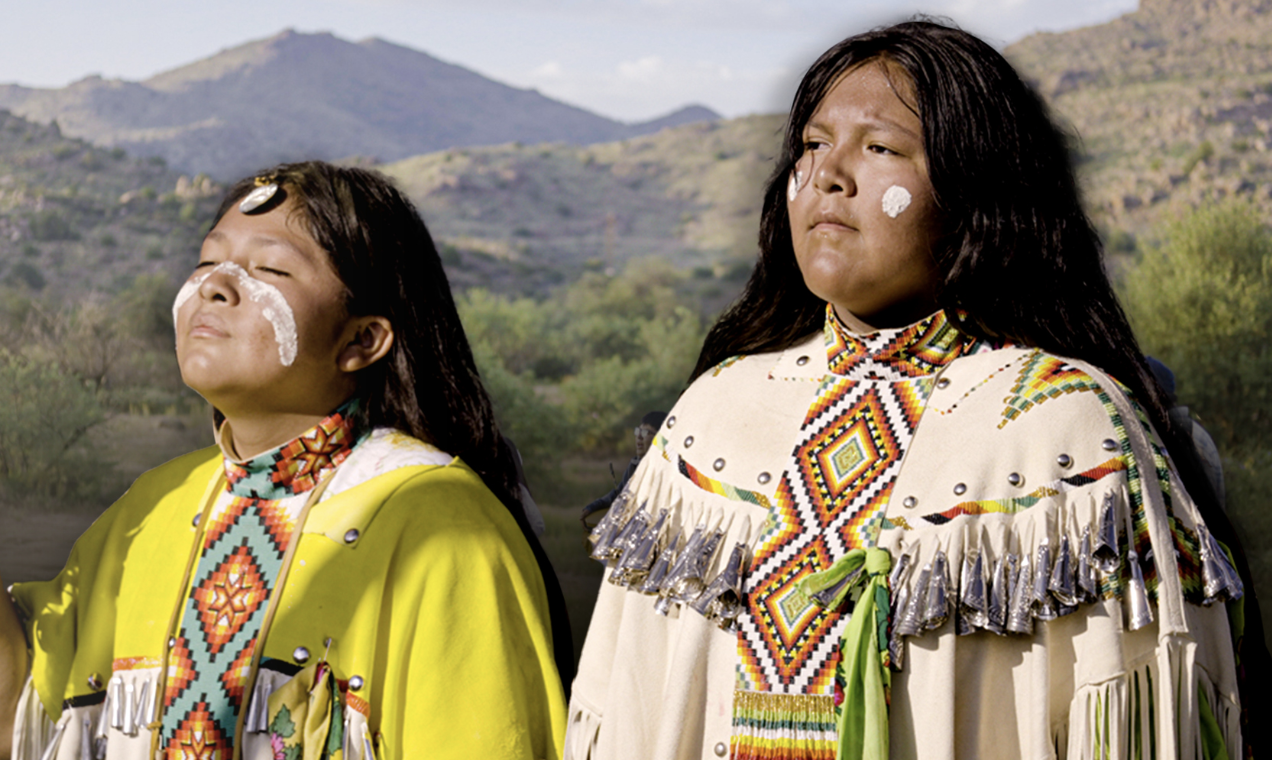
- Details
- By Levi Rickert
A federal court has issued an order halting the U.S. government’s plans to transfer Oak Flat—the most sacred site of the Western Apaches—to a multinational mining corporation for destruction. In the case Apache Stronghold v. United States, the government recently indicated it could hand over the land as soon as June 16, 2025, to Resolution Copper, a mining company with Chinese ownership, which intends to transform the sacred site into a massive copper mine. This would effectively end Apache religious practices tied to the land. Apache Stronghold, a coalition of Western Apaches, other Native communities, and allies, filed an emergency motion to pause the transfer while the case awaits review by the U.S. Supreme Court.
A federal court granted that request today, with Judge Steven P. Logan concluding, “There is no close question in this matter. It is abundantly clear that the balance of equities ‘tips sharply’ in Plaintiff’s favor, and … they have presented serious questions on the merits that warrant the Supreme Court’s careful scrutiny.”
“The feds have absolutely no reason to ram through the transfer of Oak Flat while our case is standing on the doorstep of the Supreme Court,” said Luke Goodrich, vice president and senior counsel at Becket. “This ruling ensures that Oak Flat remains protected as the legal process continues, giving the Supreme Court time to decide if cherished Apache rituals can continue for future generations.”
In addition to Becket, Apache Stronghold is represented by Erin Murphy of Clement & Murphy PLLC, Professor Stephanie Barclay of Georgetown Law School, and attorneys Michael V. Nixon and Clifford Levenson.
More Stories Like This
NARF Condemns ICE Actions, Says Native Americans Unlawfully DetainedUnited Indian Nations of Oklahoma Urges Tribal Citizens to Carry ID Amid ICE Enforcement Actions
Oglala Sioux Tribe Rejects ICE Conditions for Information on Detained Members
Supreme Court Victory Secures Alaska Native Subsistence Fishing Rights
Three Kings Day Feast Honors Pueblo Self-Governance Rooted in Pre-Colonial Traditions
Help us defend tribal sovereignty.
At Native News Online, our mission is rooted in telling the stories that strengthen sovereignty and uplift Indigenous voices — not just at year’s end, but every single day.
Because of your generosity last year, we were able to keep our reporters on the ground in tribal communities, at national gatherings and in the halls of Congress — covering the issues that matter most to Indian Country: sovereignty, culture, education, health and economic opportunity.
That support sustained us through a tough year in 2025. Now, as we look to the year ahead, we need your help right now to ensure warrior journalism remains strong — reporting that defends tribal sovereignty, amplifies Native truth, and holds power accountable.
 The stakes couldn't be higher. Your support keeps Native voices heard, Native stories told and Native sovereignty defended.
The stakes couldn't be higher. Your support keeps Native voices heard, Native stories told and Native sovereignty defended.
Stand with Warrior Journalism today.
Levi Rickert (Potawatomi), Editor & Publisher


